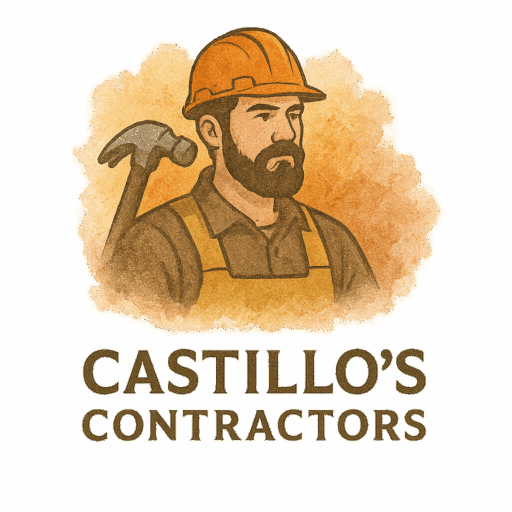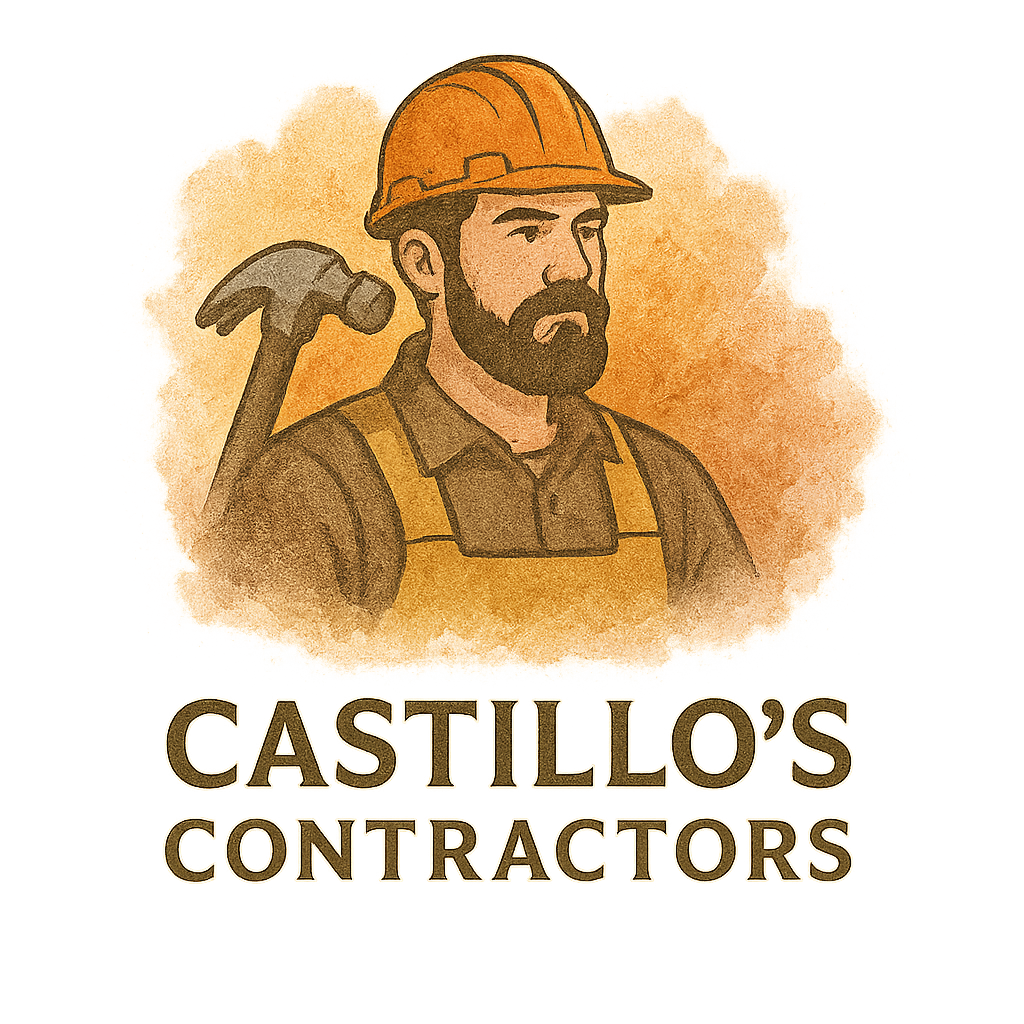Introduction: Why You Should Be Cautious When Hiring Contractors
Hiring a contractor is a big deal—whether you’re renovating your bathroom or constructing a whole new building. Your dream project can quickly spiral into a nightmare if you don’t vet your contractor properly. But how do you know if you’re about to hire a professional or a potential disaster?
Let’s walk through the 8 biggest red flags when interviewing contractors, so you can steer clear of headaches, blown budgets, and unfinished work.
Related: Construction Tips to Avoid Costly Mistakes
1. Vague or Missing Contracts
Why a Detailed Contract Is Non-Negotiable
One of the biggest red flags is when a contractor avoids putting things in writing. If someone says, “Don’t worry, we’ll figure it out later,” run. A vague contract—or none at all—leaves you exposed to sudden price hikes, sloppy timelines, and unmet expectations.
What a Solid Contract Should Include
A legit contract should outline:
- The total cost and payment schedule
- Specific materials and brands to be used
- A clear project timeline
- Responsibilities (both yours and theirs)
- Warranties and dispute resolution terms
If you’re not seeing these in writing, consider it a deal-breaker.
Internal Resource: Hiring and Management Best Practices
2. Lack of Proper Licensing and Insurance
How to Verify Credentials the Right Way
Hiring unlicensed contractors is like letting someone drive your car without a license—risky and downright dangerous. A credible contractor should be licensed to work in your state and have liability insurance and worker’s compensation.
Ask for proof and don’t just take their word for it. You can often verify their license through your state’s contractor board.
Consequences of Skipping This Step
If an uninsured worker gets injured on your property, you could be held liable. No insurance, no hire.
Learn more about residential contractors you can trust
3. Poor Communication or Evasive Answers
Trust Your Gut – Are They Hiding Something?
If your contractor dodges basic questions like “Who will be on-site daily?” or “What’s your estimated timeline?”, be cautious. Clear, prompt communication is the backbone of a successful project.
Ask yourself:
- Do they respond in a timely manner?
- Are they transparent or do they beat around the bush?
When communication is messy before the project even starts, it’ll only get worse.
Explore our blog for more contractor tips

4. Demanding Large Upfront Payments
What’s Normal vs. a Red Flag
Most professionals will ask for a reasonable deposit—usually around 10-20% of the project’s total cost. But if someone insists on 50% or more up front, that’s a massive red flag.
This could indicate:
- Poor cash flow
- Lack of trust in their own service
- Or worse—intent to vanish after payment
You should never pay in full until the work is finished and inspected.
5. No Physical Business Address or Online Presence
The Danger of Ghost Contractors
Imagine giving thousands of dollars to someone who disappears without a trace. If your contractor has no business address, no website, or a sketchy online presence, that’s cause for alarm.
Google their business name. Do they have a professional site? Verified business profiles? A physical office? If not, move on.
Find contractors backed by a reliable local business.
6. Pushy Sales Tactics and Unrealistic Promises
If It Sounds Too Good to Be True…
…It probably is. A contractor who says, “We can start tomorrow and finish next week” without assessing the project is not being realistic. Fast talkers often overpromise and underdeliver.
Also beware of:
- Offering “limited-time discounts”
- Pressuring you to sign now
- Saying “Don’t bother checking references”
That’s salesmanship, not service.
For tips on avoiding scams, visit our expert contractors section
7. Negative or Inconsistent Reviews
What to Look for in Online Testimonials
You know what they say—where there’s smoke, there’s fire. Look for consistency in feedback. A few bad reviews? That’s normal. But repeated complaints about missed deadlines, poor craftsmanship, or budget overruns? Big red flag.
Reading Between the Lines on Review Sites
Check multiple platforms like:
- Google Reviews
- Yelp
- Better Business Bureau
And don’t forget to verify reviews on construction business directories.
Bonus: Visit this list of top-rated commercial contractors
8. Lack of Portfolio or References
Why Seeing Past Work Matters
You wouldn’t hire a chef who won’t show you their menu, right? The same logic applies here. A credible contractor will proudly show off their portfolio and offer references without hesitation.
Ask to see:
- Photos of similar past projects
- A list of past clients
- Before-and-after images
- Testimonials from previous customers
Need inspiration? Check out our remodeling & renovation work.
Conclusion: Don’t Settle for Less Than Professionalism
When it comes to hiring a contractor, trust and transparency are everything. Pay attention to the red flags—because spotting them early can save you time, money, and major stress down the road.
By asking the right questions and doing your homework, you’ll find a contractor who not only talks the talk but builds your dreams brick by brick. For more advice, dive into our construction tips blog or explore trusted project planning strategies.
Let your next project be a flawless build—start with the right team.
FAQs
What should be in a contractor agreement?
A contractor agreement should include the total cost, payment schedule, scope of work, materials, timeline, and warranties. This protects both you and the contractor.
How much deposit is reasonable for a contractor?
A reasonable deposit is typically 10–20%. Avoid paying more than 30% up front unless there’s a compelling reason (like custom materials).
How can I verify a contractor’s license?
Visit your state’s contractor license board website and enter the contractor’s license number. You can also ask for a printed copy of their credentials.
What are signs of a scam contractor?
Big red flags include no license, no contract, demanding high upfront payments, and poor reviews. Trust your instincts—if something feels off, it probably is.
Should I hire a contractor without reviews?
Proceed with caution. Lack of reviews isn’t always bad, but it should be balanced by a strong portfolio and solid references.
Can I negotiate with contractors?
Yes! Many contractors expect some negotiation. Just be fair—don’t lowball, but feel free to ask for pricing options or bundled deals.
How do I find a reliable contractor near me?
Start by exploring trusted local contractors and browsing services on reputable platforms like Castillos Contractors.


